|
One year after her mother died of liver cancer, Ma Myint went for a hepatitis B test at a clinic in Yangon, Myanmar, supported by Community Partners International (CPI). The test came back positive.
With support from Community Partners International, the Myanmar Anti-TB Association is helping push back tuberculosis (TB) in Yangon’s low-income communities. We talk to health care providers and a TB patient about preventing and treating this potentially life-threatening disease.
Conflict and instability are fuelling a rapid rise in malaria cases in Myanmar. Community-based health providers are working against the odds to hold back the tide. However, this resurgence could have global implications for public health.
To mark International Women’s Day, we hear from seven Bangladeshi and Rohingya women supported by Community Partners International, who provide essential services to Rohingya refugees and Bangladeshi communities in and around Kutupalong Refugee Camp, Bangladesh.
On International Women’s Day, we hear from Naw Mar Mar Cho, Director of the Thandaunggyi Women’s Group, about the challenges facing women in remote and conflict-affected communities in southeastern Myanmar and how her organization is helping push back against gender-based and domestic violence and exclusion.
The health of low-income families and communities depends on more than access to health care. We revisit a pioneering project supported by Community Partners International in Myanmar’s Ayeyarwady Delta that seeks to address health needs and empower women to strengthen the underlying social and economic factors that create healthy communities.
Safe Births in Unsafe Places: Supporting Pregnant Women and Newborns in Myanmar’s Conflict Zones1/24/2024
Despite conflict forcing half of their clinics to relocate and restricting their ability to travel, the Thaundaunggyi Women’s Group is adapting to provide women in eastern Myanmar with essential sexual and reproductive health services. But conflict and deep poverty are taking a profound toll on the families they serve.
When May*, a female sex worker in Yangon, Myanmar, found out she was HIV positive, she was devastated. Limited awareness of HIV, and the illegality and stigmatization of sex work, puts female sex workers and their clients at greater risk. Research indicates that one in six female sex workers in Yangon is HIV positive.
The rising tide of conflict, displacement, and economic woe is taking a heavy toll on communities across Myanmar. In these tumultuous times, women and girls have become more vulnerable to domestic and gender-based violence. Safe houses and a network of community case workers operated by Community Partners International (CPI) partner, the Thandaunggyi Women’s Group (TWG) in Karen State, Myanmar, offer support, sanctuary, and an opportunity to rebuild shattered lives.
As low-income communities across Myanmar struggle amid economic and political crises and widespread armed conflict, the risk of the spread of dangerous infectious diseases like tuberculosis (TB) is growing. Community organizations like Community Partners International (CPI)’s partner, the Hlaingtharya Development Network (HDN), are a vital resource in helping communities prevent and treat this disease.
|
AuthorCPI Admin Archives
July 2024
Categories
All
|
|
|
COMMUNITY PARTNERS INTERNATIONAL
580 California St Fl 16, Ste 1658, San Francisco, CA 94104-1068, USA [email protected] +1 510 225 9676 We are a registered nonprofit 501(c)(3) Public Charity. TAX ID 94-3375666 |
©
Community Partners International



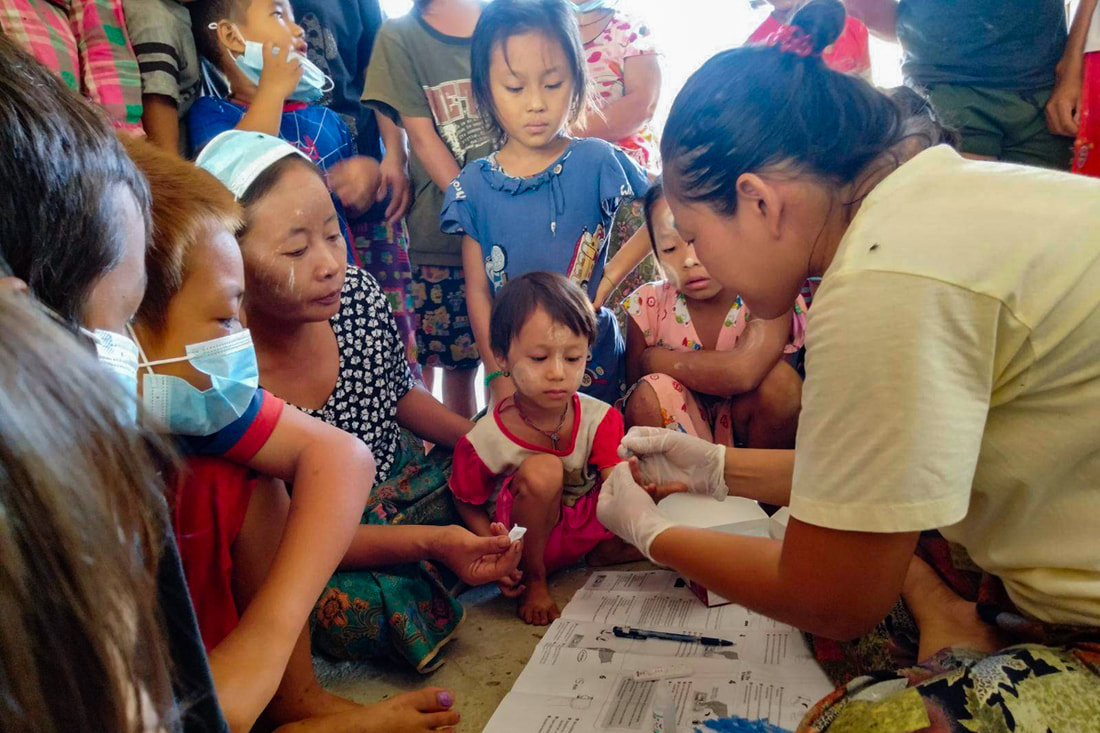
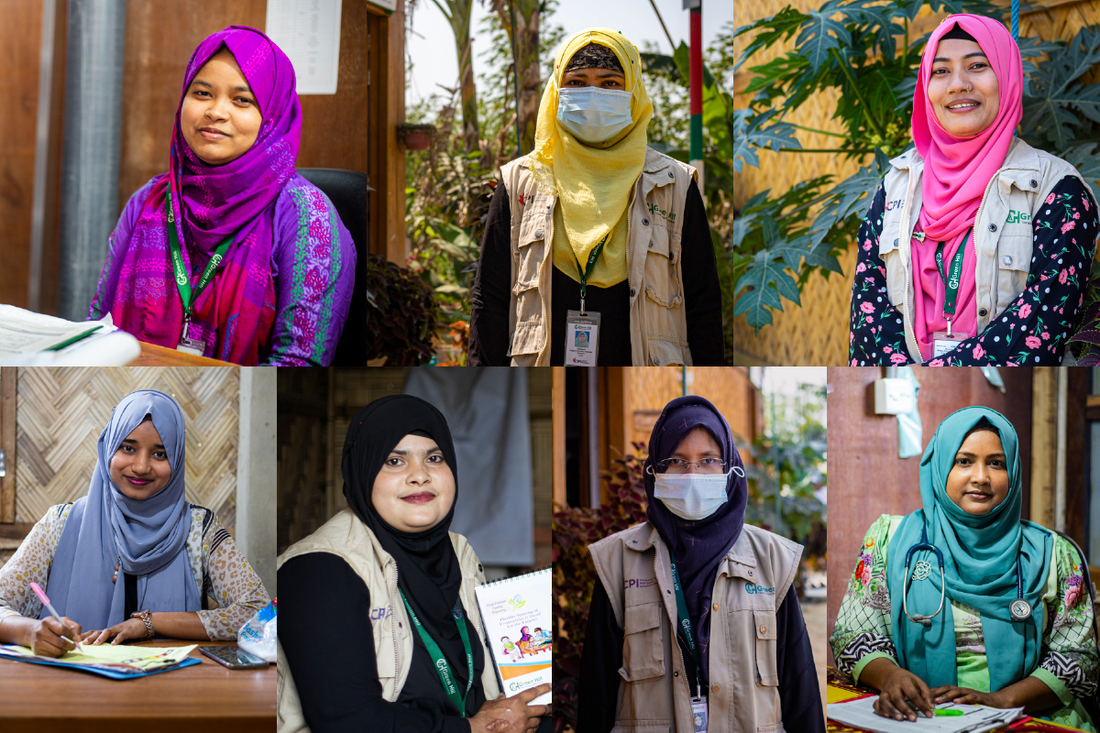
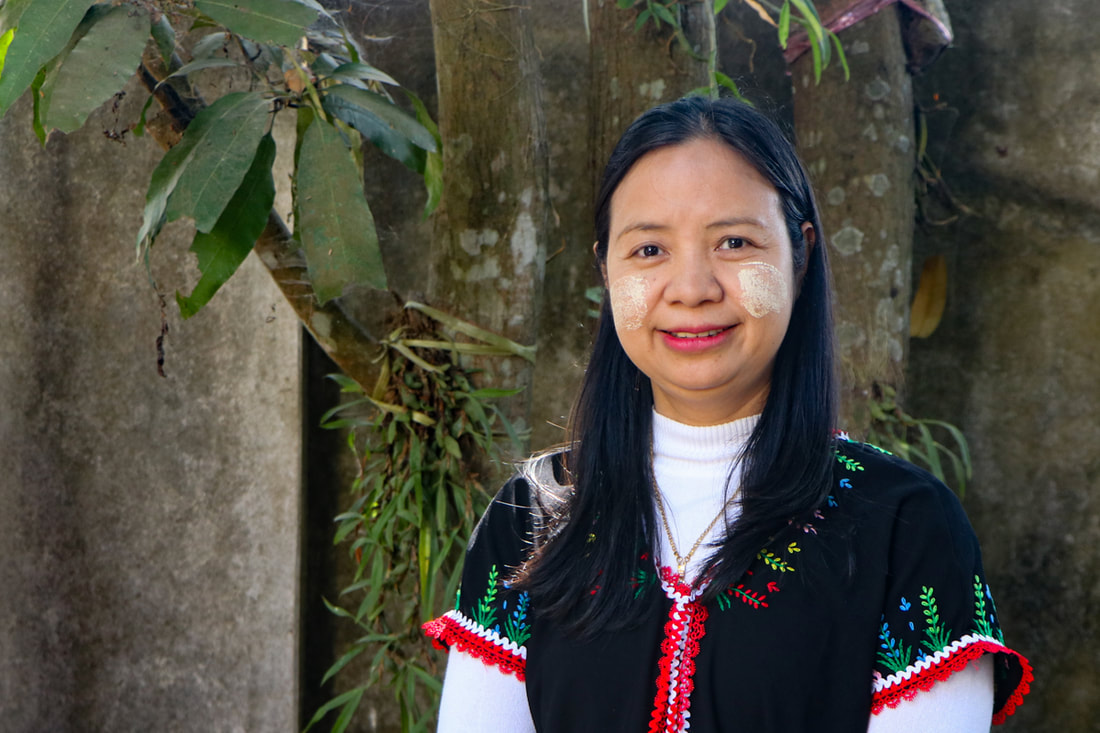
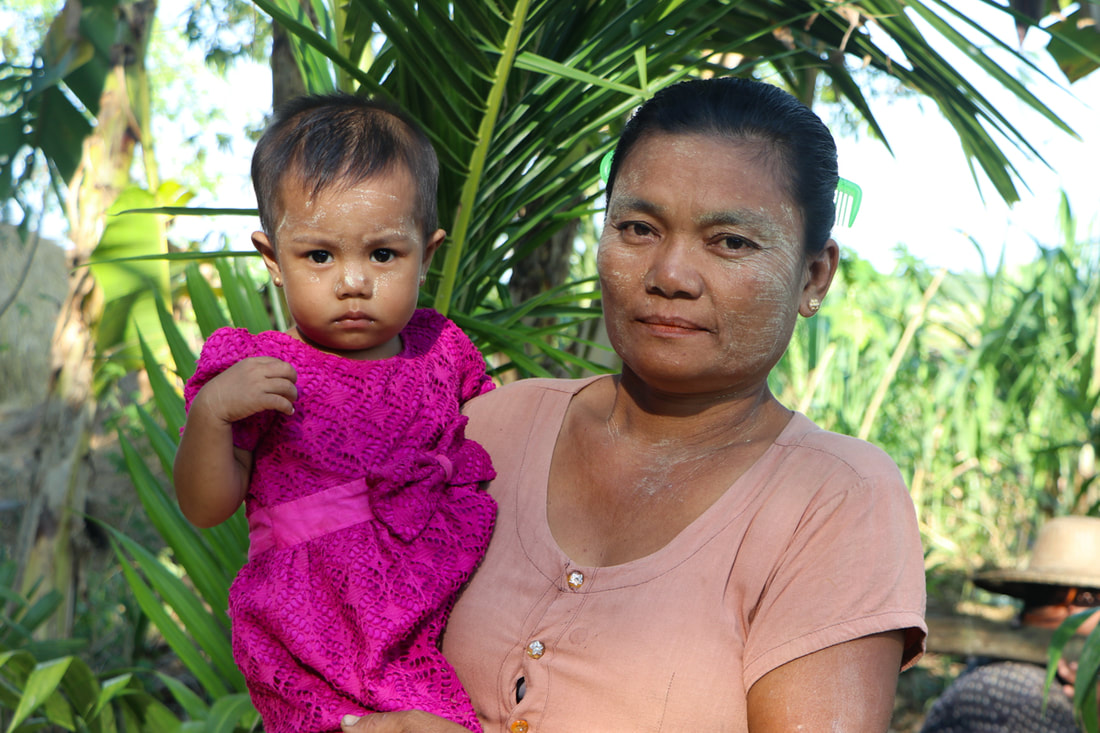
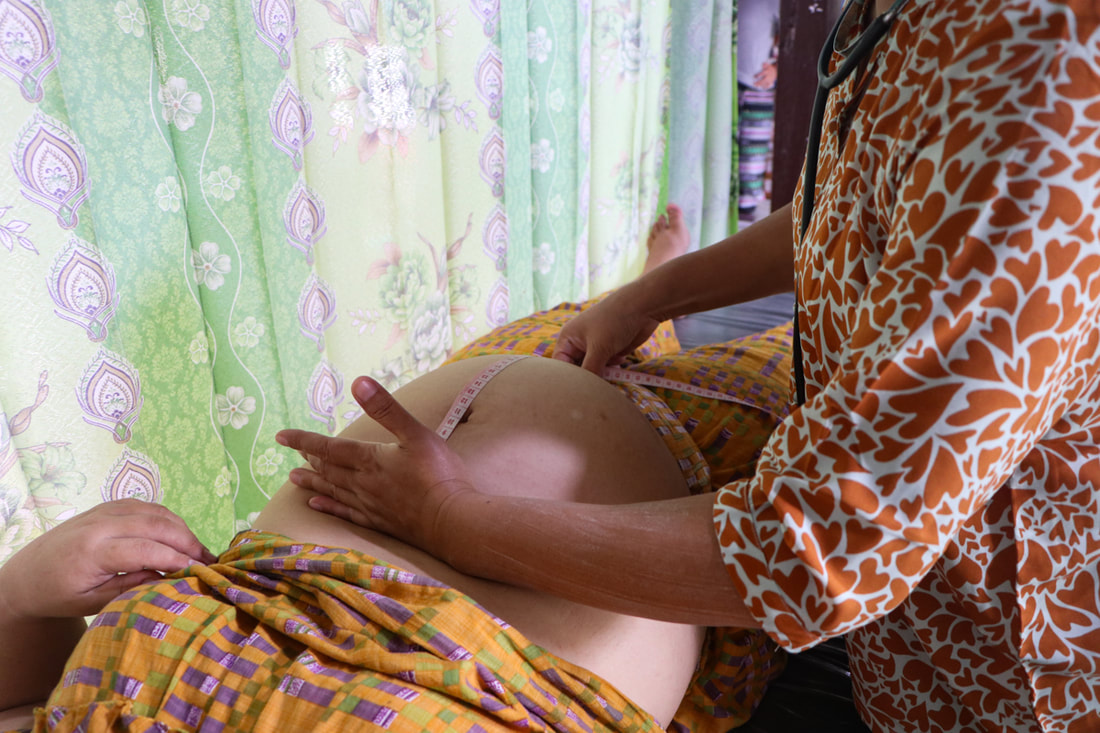
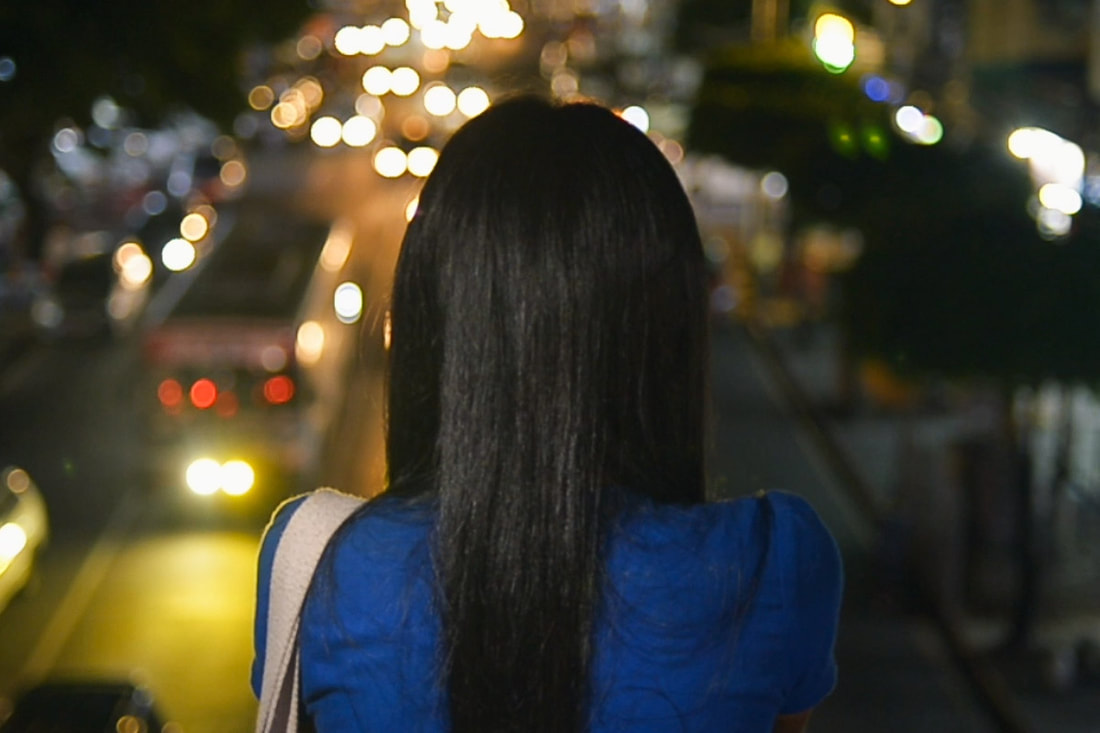
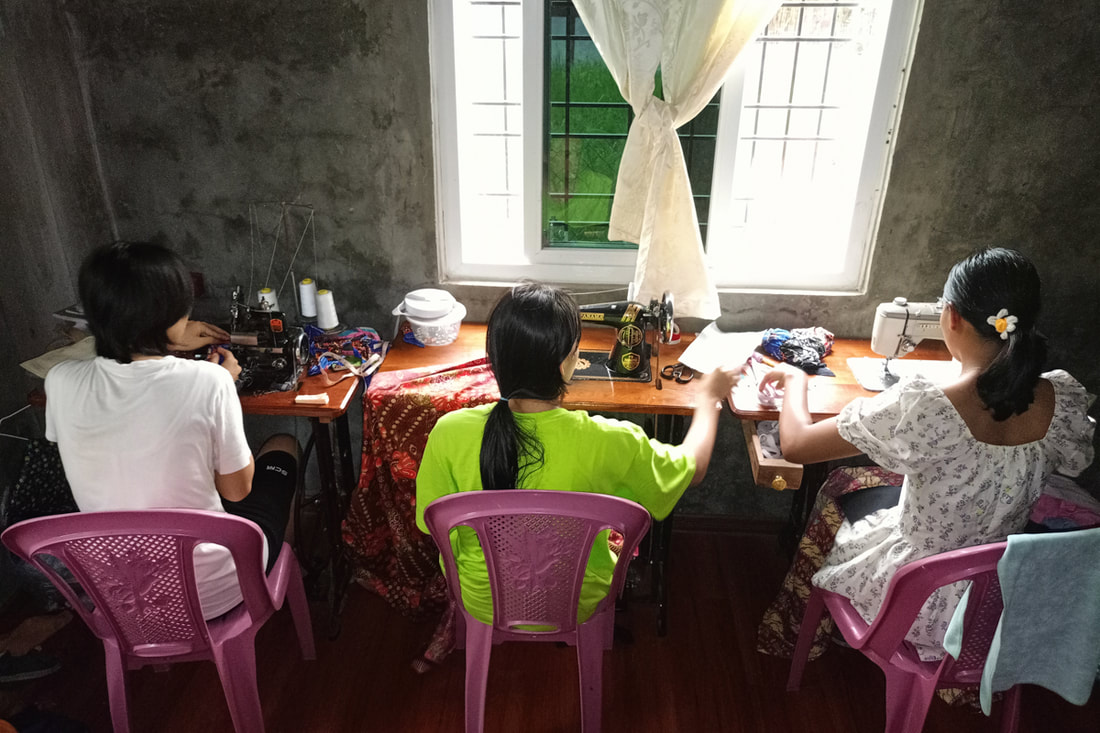
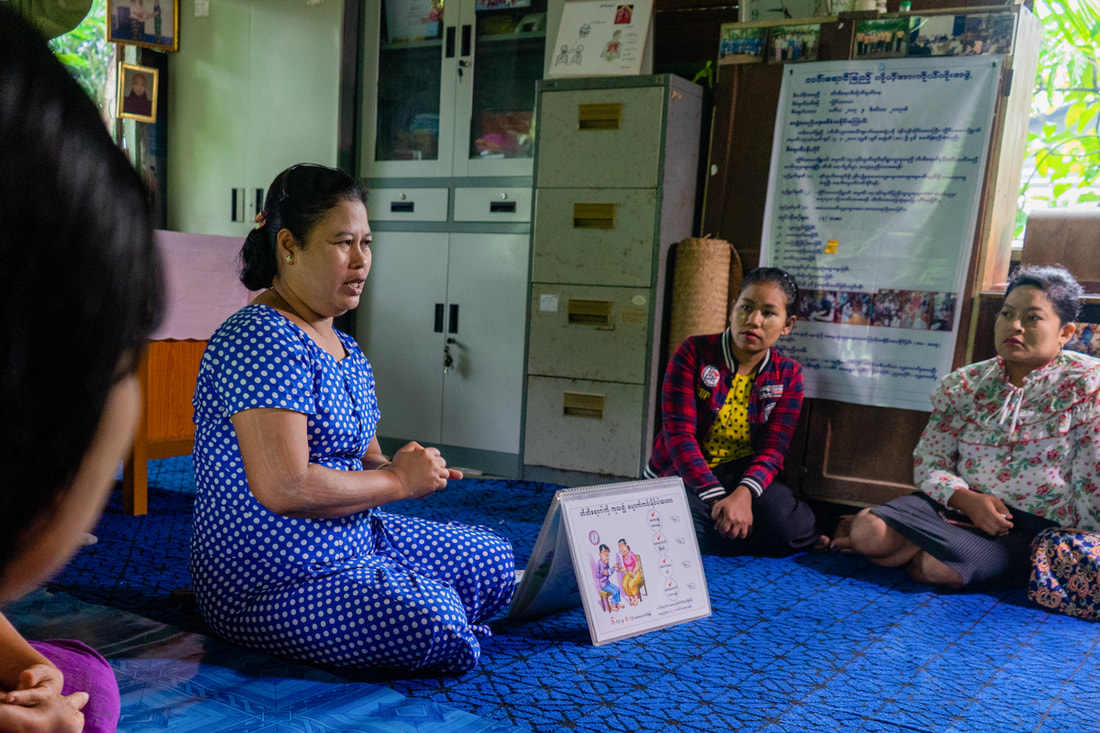
 RSS Feed
RSS Feed
